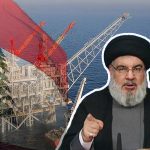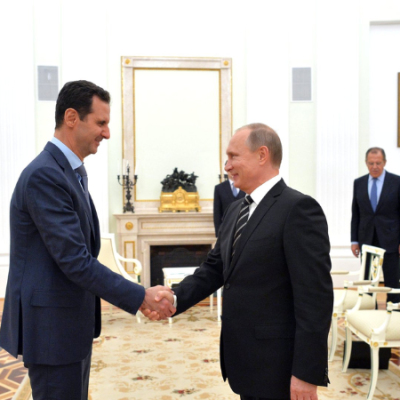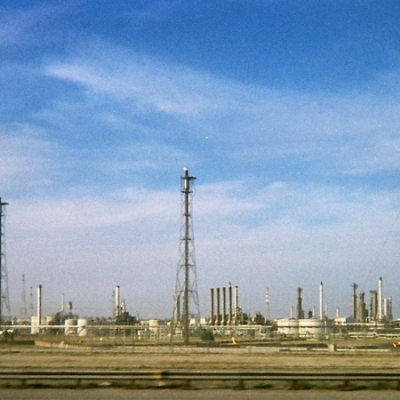Is Lebanon the world’s biggest Ponzi scheme?

 Lebanon– Since 2019, Lebanon has been suffering a severe economic crisis and poverty. Lebanon is in the third year of an economic meltdown. Power cuts are also common in the country because of fuel shortages. People are also unable to buy basic goods due to poor financial conditions.
Lebanon– Since 2019, Lebanon has been suffering a severe economic crisis and poverty. Lebanon is in the third year of an economic meltdown. Power cuts are also common in the country because of fuel shortages. People are also unable to buy basic goods due to poor financial conditions.
The economic crisis began in 2019 when the financial system of Lebanon collapsed by corruption, mismanagement, and huge state debt. The 2020 Beirut port explosion also affected the country.
Ponzi Finance
A day before the second anniversary of the August 4, 2020, Beirut port blast, the World Bank published a report on Lebanon’s financial crisis. The report titled “Ponzi Finance” compared Lebanon’s economic model since 1993 to a Ponzi scheme, an illegal business practice where people are scammed into investing in a false business.
Related Posts
Ponzi scheme is an investment fraud named after Italian swindler and con artist Carlo Ponzi. During the 1920s, Ponzi promised investors a 50 per cent return within a few months. He said that he invested that money in international mail coupons. Later on, Ponzi used the funds from new investors to pay fake “returns” to earlier investors. The World Bank in its report claimed that a similar act of deception took place in Lebanon. The World Bank said that public finance was used for the country’s resources.
Lebanon is the biggest Ponzi scheme in the world because the Lebanese authorities borrowed new money to pay existing creditors in the country. Lebanese economists also agree with the World Bank’s Ponzi scheme claims.
The Lebanese central bank increased borrowing in an attempt to protect the Lebanese currency. In 2015, the bank bailed out the banking system. The staff-level agreement between the IMF and Lebanon pledged $3 billion in financing over four years to help Lebanon’s economic crisis. However, in June 2022, the talks were stalled because the Association of Banks in Lebanon called the IMF draft agreement “unlawful.”
Lebanon’s “Ponzi scheme” was also driven by current account deficits and the overvalued exchange rate caused by the Banque du Liban’s policy of maintaining fixed rates against the dollar. In December 2021, the Lebanese pound lost more than 90% of its value.
Earlier, United Nations (UN) Secretary, General Antonio Guterres, also said that Lebanon’s finances were affected by “something similar to a Ponzi scheme.”












